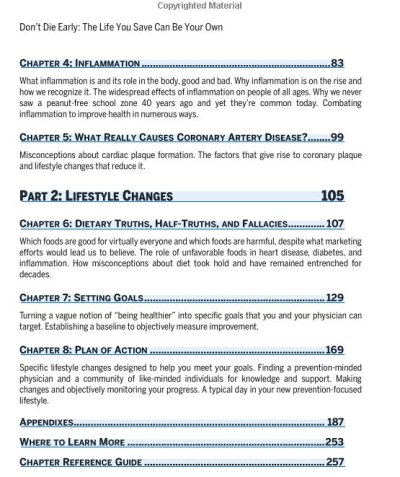I have been reading as much as I can and have concluded that LCHF diets may raise LDL in some people. But, if you are one of those people and, at the same time, are one of the people who can maintain a healthy weight without constant hunger on a LCHF diet I would ask so what? The health advantages of healthy weight versus overweight or obesity are dramatic. The health advantages of low LDL are comparatively small (certainly in people who do not already have CHD). I, for one, wouldn't worry much at all about the LDL. For those who believe the high LDL to be a fearful condition, eat LCHF and take statins. Unless you have kidney breakdown the side effects of the statins are going to be much less than the side effects of obesity.
On the other hand, if you can achieve and maintain similar weight loss on something like an Ornish or Mediterranean diet, and do so without constant hunger, go for it and see how your cholesterol works out. It seems to me that weight management is the higher goal and people should look for practical solutions, not unachievable theoretical ideals.

